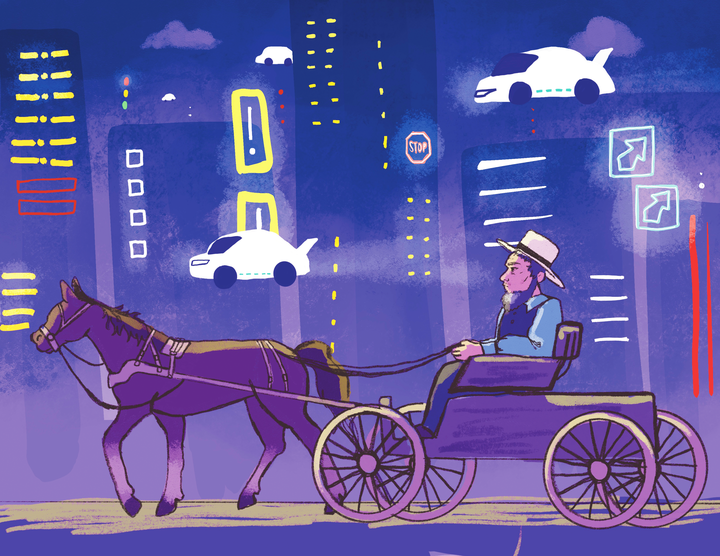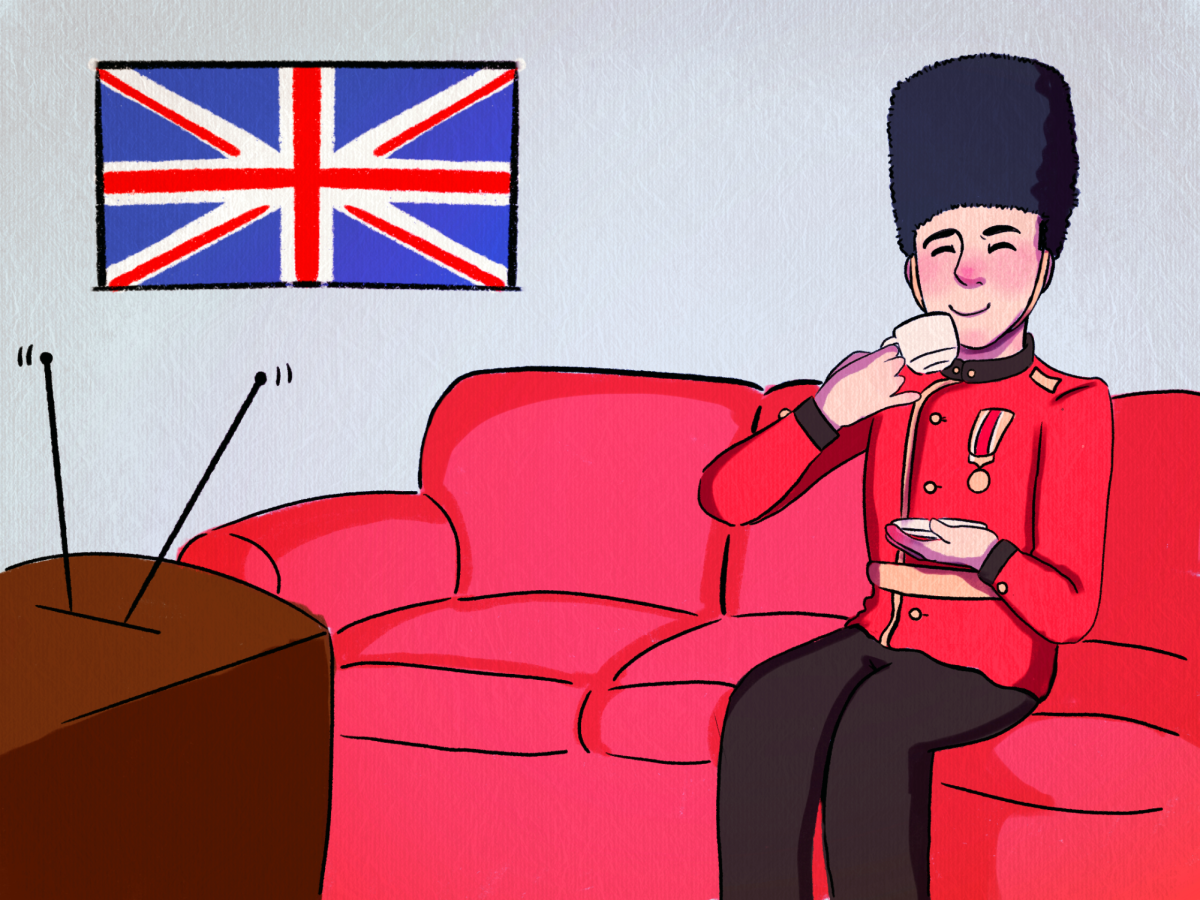There are plenty of reasons to feel a little glum: the worst economic downturn since the Great Depression, an ongoing war, civil rights battles raging on, a climbing unemployment rate, budget cuts, natural disasters, cancer, etc.
And then there’s James Cameron, inducing depression with his overly appealing depiction of a different world, a realm of ten-foot blue natives (Na’vi) and electric interconnection of all animals and plants: a place called Pandora.
Cameron’s “”Avatar”” came out Dec. 18 and, according to CNN, is on track to be the highest grossing film of all time. The movie created a new world, a new language, a new grossing high — and a new reason to be depressed.
On various fan sites, despondent “”Avatar”” watchers gather together and share their feelings of depression. The combination of the 3D glasses, the gigantic screen and the superb effects blends together to form a movie that grabs you out of your seat and places you alongside ex-marine and current paraplegic Jake Sully as he unravels the beauty of Pandora.
As they leave the theater, moviegoers are torn away from the striking fantasy of Cameron’s imagination by the vicious brutality of the real world.
“”I even contemplate suicide thinking that if I do it I will be rebirthed in a world similar to Pandora and (that) everything is the same as in ‘Avatar,’ “” a user named Mike wrote on “”Naviblue,”” a fan Web site.
Mike is not alone. A fan discussion site entitled “”Avatar Forums”” has a topic thread called “”Ways to cope with the depression of the dream of Pandora being intangible.”” CNN reported that there are more than 1,000 posts on this single thread of people undergoing the same phenomenon and others attempting to help the victims.
Plot aside, “”Avatar”” is undoubtedly an experience unlike anything else available. But, despite how enjoyable the film is and the respect Cameron deserves for his magnum opus, “”Avatar”” was just that — an experience. And like any other experience, it comes to an end.
Those who flood these forum sites with a desperate need to live out the movie to reach happiness forget the basic reason for movies in our society and those of our past: escapism.
The year is 1932. The ever-growing homeless population roams the streets, scavenging, hungry. People wait in a swarm of anxiety to use their food stamps at the front of a line located three blocks down, glancing at the “”closed”” signs hanging in windows as they pass. Businesses are shutting down in every direction. Welcome to the Great Depression.
For some, such circumstances aren’t all that farfetched, given the unsettling economic similarities our economy of a few years ago shared with that era. And, like many of today, those who lived before us looked to Hollywood to help them, set them free for an hour or two, let them experience someone else’s life, a better life, and gave them an escape.
As head of the Motion Picture Producers and Distributors Association Will Hays said in 1934, “”No medium has contributed more greatly than the film to the maintenance of the national morale during a period featured by revolution, riot and political turmoil in other countries.””
Movies, in general, are morale-boosters, tools for escaping reality.
It’s not meant to be real. People don’t want to pay money to watch the misfit continue to be alone and unsure. Girls don’t wish to watch as the woman to whom they’ve grown to relate throughout the film concludes her journey for love heartbroken and hopeless. This explains the nauseatingly cheesy endings — the misfit defying all odds to find a fitting niche, the hunky jock with a sensitive side or the mysterious ruffian who writes poetry revealing his timeless love for the female protagonist, sealed with a passionate kiss, the superhero defeating his foes and his self-doubts in a valiant showdown.
But movies are not supposed to be real. So accept them for what they are. Enjoy the fictitious romance, find joy in the loner’s company and regain hope in the hero’s success. If there are realistic aspects that you wish to pursue in the real world, be aggressive.
But whatever you do, don’t wallow in self-pity. Just think, what would Neytiri do?
— Rachel Leavitt is a creative writing sophomore. She can be reached at letters@wildcat.arizona.edu.








